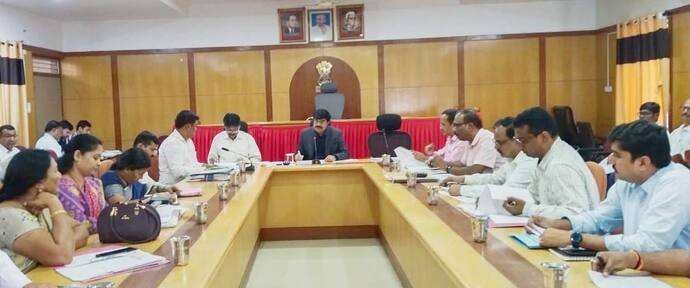In a significant policy shift, the Ministry of Railways has officially cancelled the Mathura-Vrindavan rail line conversion project, originally valued at ₹402 crore. The project, which aimed to upgrade the existing narrow-gauge line to a broad-gauge track, has been permanently scrapped following strong opposition from local stakeholders and environmental concerns. This decision marks a critical development in balancing infrastructure expansion with heritage preservation and ecological sensitivity.
The Mathura-Vrindavan narrow-gauge rail line, which had been a popular route for pilgrims and tourists visiting the twin holy cities, was initially closed in 2019 to facilitate the broad-gauge conversion. The conversion was part of a larger initiative under Indian Railways to modernize and improve connectivity across the country. However, the project faced persistent resistance from religious groups, conservationists, and local residents who argued that such development would disrupt the spiritual ambiance and ecological balance of the area.
The project was halted multiple times, and despite preliminary groundwork, no significant physical progress was made in the past five years. Concerns regarding deforestation, damage to sacred groves, and increased commercial traffic in the sensitive zone of Braj region were key factors contributing to the cancellation. The Railways’ decision to permanently shelve the plan aligns with growing environmental advocacy and the rising call for culturally sensitive development.
According to railway officials, the financial outlay and socio-environmental cost of continuing the project outweighed the projected benefits. “The decision has been taken after thorough consultation with local authorities, religious leaders, and urban planners. This move respects the sentiments of the people of Mathura and Vrindavan,” a senior official stated.
The Railways has also confirmed that the land acquired for the now-defunct project will not be utilized for any commercial or industrial purposes. Instead, proposals are under discussion to repurpose the corridor as a heritage walkway or electric mobility corridor, supporting sustainable tourism in the region. The potential plan could include the introduction of e-rickshaws or battery-operated vehicles, ensuring a low-carbon footprint while preserving the historical and spiritual significance of the route.
The cancellation also comes amid a broader policy re-evaluation of large-scale infrastructure projects that intersect ecologically and culturally sensitive areas. The Ministry of Railways has hinted at adopting more community-driven and sustainable transport models in heritage-rich zones going forward.



